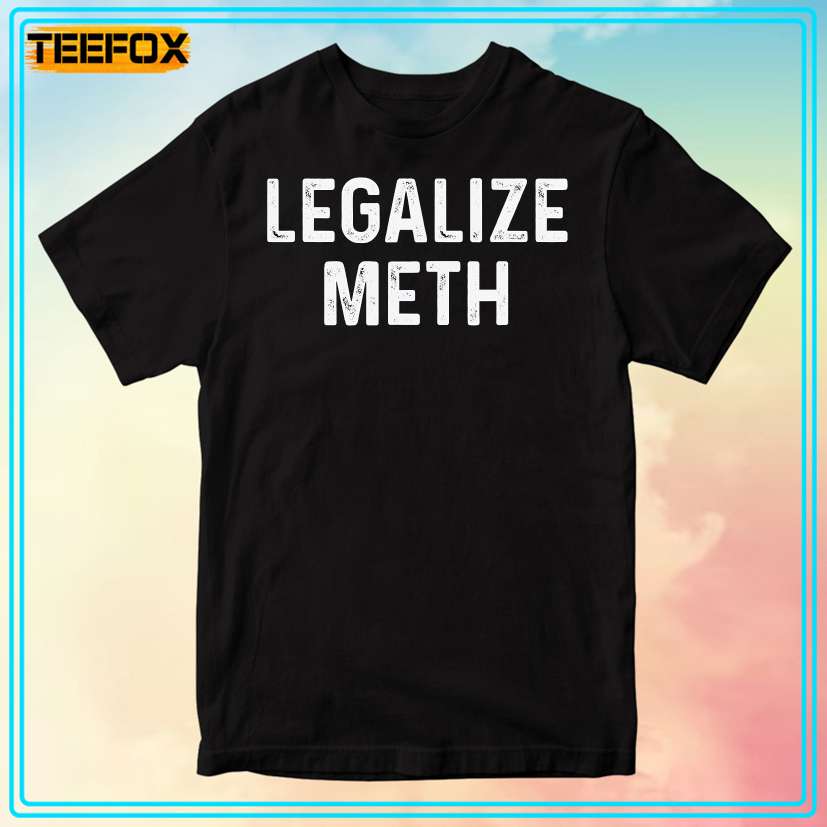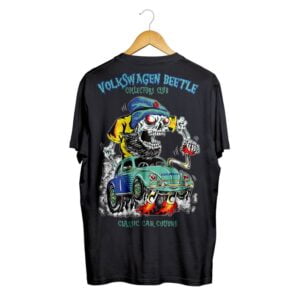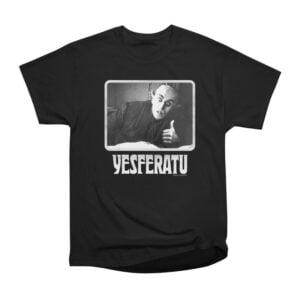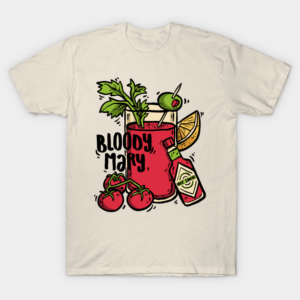Legalize Meth Unisex T-Shirt
$24.95 Original price was: $24.95.$19.95Current price is: $19.95.
View Size Chart
Size Chart
Unisex Tee
| SIZE |
WIDTH |
LENGTH |
| S |
18 in |
28 in |
| M |
20 in |
29 in |
| L |
22 in |
30 in |
| XL |
24 in |
31 in |
| 2XL |
26 in |
32 in |
| 3XL |
28 in |
33 in |
| 4XL |
30 in |
34 in |
| 5XL |
32 in |
35 in |
| SIZE |
WIDTH |
LENGTH |
| S |
46 cm |
71 cm |
| M |
51 cm |
74 cm |
| L |
56 cm |
76 cm |
| XL |
61 cm |
79 cm |
| 2XL |
66 cm |
81 cm |
| 3XL |
71 cm |
84 cm |
| 4XL |
76 cm |
86 cm |
| 5XL |
81 cm |
89 cm |
Ladies Tee
| SIZE |
WIDTH |
LENGTH |
| S |
17.25 in |
25.5 in |
| M |
19.25 in |
26 in |
| L |
21.25 in |
27 in |
| XL |
23.25 in |
28 in |
| 2XL |
25.25 in |
28.5 in |
| 3XL |
27.25 in |
29 in |
| SIZE |
WIDTH |
LENGTH |
| S |
43.8 cm |
64.8 cm |
| M |
48.9 cm |
66 cm |
| L |
54 cm |
68.6 cm |
| XL |
59 cm |
71 cm |
| 2XL |
64 cm |
71.8 cm |
| 3XL |
69.2 cm |
73.7 cm |
Men's Tee
| SIZE |
BUST |
LENGTH |
| S |
37.80 in |
27.56 in |
| M |
40.94 in |
27.95 in |
| L |
44.09 in |
28.74 in |
| XL |
47.24 in |
29.92 in |
| 2XL |
50.39 in |
31.50 in |
| 3XL |
53.54 in |
33.07 in |
Unisex Crewneck Sweatshirt
| SIZE |
WIDTH |
LENGTH |
| S |
20 in |
26 in |
| M |
22 in |
27 in |
| L |
24 in |
28 in |
| XL |
26 in |
29 in |
| 2XL |
28 in |
30 in |
| 3XL |
30 in |
31 in |
| 4XL |
32 in |
32 in |
| 5XL |
34 in |
33 in |
| SIZE |
WIDTH |
LENGTH |
| S |
50.8 cm |
66 cm |
| M |
55.9 cm |
74 cm |
| L |
68.6 cm |
71 cm |
| XL |
66 cm |
73.7 cm |
| 2XL |
71 cm |
76 cm |
| 3XL |
76.2 cm |
78.7 cm |
| 4XL |
81.3 cm |
81.3 cm |
| 5XL |
86.4 cm |
83.8 cm |
Unisex Hoodie
| SIZE |
WIDTH |
LENGTH |
| S |
20 in |
26 in |
| M |
22 in |
27 in |
| L |
24 in |
28 in |
| XL |
26 in |
29 in |
| 2XL |
28 in |
30 in |
| 3XL |
29 in |
32 in |
| 4XL |
32 in |
33 in |
| 5XL |
34 in |
34 in |
| SIZE |
WIDTH |
LENGTH |
| S |
50.8 cm |
66 cm |
| M |
55.9 cm |
74 cm |
| L |
68.6 cm |
71 cm |
| XL |
66 cm |
73.7 cm |
| 2XL |
71 cm |
76 cm |
| 3XL |
73.7 cm |
81.3 cm |
| 4XL |
81.3 cm |
83.8 cm |
| 5XL |
86.4 cm |
86.4 cm |
Unisex Long Sleeve
| SIZE |
WIDTH |
LENGTH |
| S |
18 in |
28 in |
| M |
20 in |
29 in |
| L |
22 in |
30 in |
| XL |
24 in |
31 in |
| 2XL |
26 in |
32 in |
| 3XL |
28 in |
33 in |
| 4XL |
30 in |
34 in |
| 5XL |
32 in |
35 in |
| SIZE |
WIDTH |
LENGTH |
| S |
46 cm |
71 cm |
| M |
51 cm |
74 cm |
| L |
56 cm |
76 cm |
| XL |
61 cm |
79 cm |
| 2XL |
66 cm |
81 cm |
| 3XL |
71 cm |
84 cm |
| 4XL |
76 cm |
86 cm |
| 5XL |
81 cm |
89 cm |
Youth Tee
| SIZE |
WIDTH |
LENGTH |
| YXS |
16 in |
20.5 in |
| YS |
17 in |
22 in |
| YM |
18 in |
23.5 in |
| YL |
19 in |
25 in |
| YXL |
20 in |
26.5 in |
| SIZE |
WIDTH |
LENGTH |
| YXS |
40.6 cm |
52 cm |
| YS |
43.2 cm |
55.9 cm |
| YM |
45.7 cm |
59.7 cm |
| YL |
48.6 cm |
63.5 cm |
| YXL |
50.8 cm |
67.3 cm |
Unisex Tank Top
| SIZE |
WIDTH |
LENGTH |
| XS |
17 in |
27.5 in |
| S |
18.5 in |
28.5 in |
| M |
20 in |
29.5 in |
| L |
21.5 in |
30.5 in |
| XL |
23.5 in |
31.5 in |
| 2XL |
25.5 in |
32.5 in |
| SIZE |
WIDTH |
LENGTH |
| XS |
43 cm |
69 cm |
| S |
47 cm |
72.4 cm |
| M |
51 cm |
75 cm |
| L |
54.5 cm |
77.5 cm |
| XL |
60 cm |
80 cm |
| 2XL |
65 cm |
82.5 cm |







